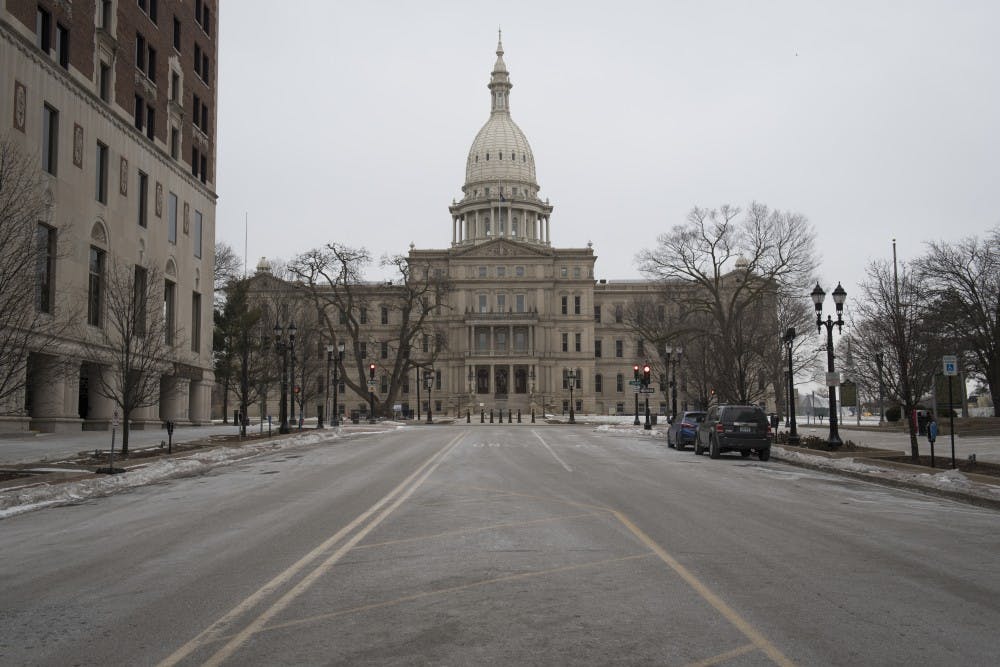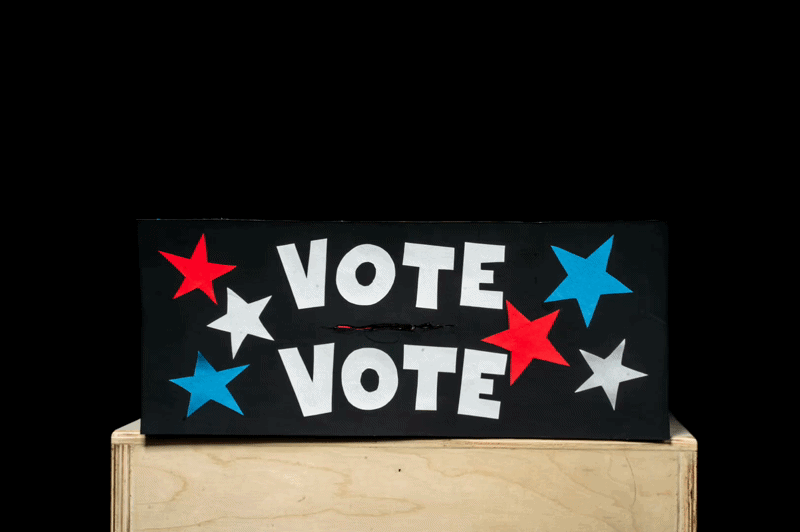As questions swirled around MSU’s role in protecting Larry Nassar’s abuse, the university sent a representative to meet with one particularly concerned state lawmaker.
In that meeting, Sen. Margaret O’Brien made it clear she was "very disappointed in MSU," but wanted ideas on how to improve the law to better prevent a repeat of the Nassar scandal, wrote MSU's then-liaison to the state government David Bertram in a December 2017 email.
"She would like MSU to be a partner on this," Bertram wrote.
But what may have started as cooperation quickly turned into covert maneuvering to quash several of the bills’ momentum, which MSU believed would further inflate the already mounting cost of a settlement with survivors.
Internal communications between university lawyers — among thousands of long-secret MSU documents released by Michigan’s attorney general last week — reveal the lengths MSU went to stop O’Brien’s bill package.
The bills were a "direct assault" on MSU’s legal defense, one attorney wrote. If passed, "all of our settlement leverage disappears," another fretted.
MSU’s lawyers closely analyzed the bills and considered appealing them if they were passed as proposed. They also realized they would need to find "proxies" to publicly "fight" the battle on MSU’s behalf, anticipating backlash if the university itself were to oppose the bills.
But they struggled to do so, especially when looking for influential politicians in the state legislature who would be willing to "get in front of the train" during an election year.
"Moreover, the intelligence on the likelihood of (the bills’) passage is not encouraging," wrote Robert Young, an attorney representing MSU with the law firm Dickinson Wright. "As an election year in which the Speaker of the House is running to become the AG and is challenged by Senator Schuitmaker — a sponsor of the O'Brien bills — this is not a propitious occasion to expect statesmanship in the Legislature."
"It remains unclear where the Governor will land but he remains our best hope at the moment."
Many of the bills — which extended the time survivors could sue over past abuse and limited governmental immunity, among other things — still ended up passing, but with scaled-back provisions, thanks partly to MSU’s behind-the-scenes advocacy.
In a statement, MSU spokesperson Emily Gerkin Guerrant said the university "worked collaboratively with lawmakers," adding that it never "put in any cards of opposition for any of the bills."
‘Disappointed’ by a ‘conservative approach’
Documents show MSU frustrated with the Michigan Association of State Universities, or MASU, which it believed didn’t initially oppose the package of bills strongly enough.
In a memo sent in March of 2018 to legal affairs officers at Michigan public universities, MASU CEO Daniel Hurley said there were "plenty of concerns" among the "university community and other public sector organizations about the impact of the statute of limitations bills." He also encouraged recipients to provide input and "solutions-oriented modifications" to the bills.
The statute of limitations bill concerned MSU lawyers because it could cause "unanticipated and uninsured financial liability," according to an analysis conducted by law firm Miller Canfield, which was representing MSU at the time.
Hurley also said he did not anticipate MASU would be "externally communicating any outright opposition" to the bills. "Therefore, it is in our best interest to suggest helpful modifications that might mitigate the impact of the bills."
For then-General Counsel Kristine Zayko, Hurley’s commitment didn’t go far enough.
"I am really disappointed that MASU is taking such a conservative approach given the sweeping and overwhelmingly negative impact of these bills on all public institutions," she said in an email to MSU’s then-liaison to the state government.
Despite Zayko’s frustration, an email from an MSU lawyer less than a week later suggested the university and MASU reconciled their differences.
Support student media!
Please consider donating to The State News and help fund the future of journalism.
"We have enlisted the assistance of MASU in our fight to challenge the O'Brien Bills," wrote Young.
The need for ‘proxies willing to fight’
Similarly to MASU, MSU administrators and lawyers thought it unwise to publicly voice opposition, given the bills' stated intention to bring justice to sexual abusers and protect survivors.
But lawyers did see an upside in identifying "proxies willing to fight" against the legislation, according to an email from Young.
That strategy was a piece of advice from former Michigan Sen. Arlan Meekhof, whom Young had met with.
"I pressed Meekhof when I met with him Thursday on another matter," Young wrote to Bertram, MSU's liaison to the state government. "While he realized the bad policy choices he certainly showed no indication that he was going to get in front of the train. His counsel was to get opponents out making the case against the bills."
But MSU lawyers didn’t only consider covert means of quashing the bills’ momentum. At one point they discussed the possibility of submitting formal legal challenges to the legislation.
In an email sent in March of 2018, Young asked that another lawyer representing MSU "get us an assessment on the probability that the retroactive changes contemplated in the O'Brien bills will survive challenge."
Senior Reporter Alex Walters contributed reporting.
Discussion
Share and discuss “MSU lawyers attempted to quash legislation expected to inflate settlement with Nassar survivors, documents reveal” on social media.







